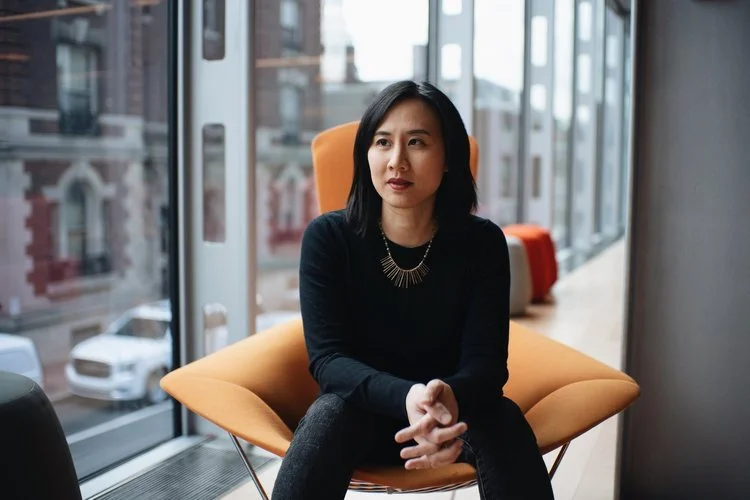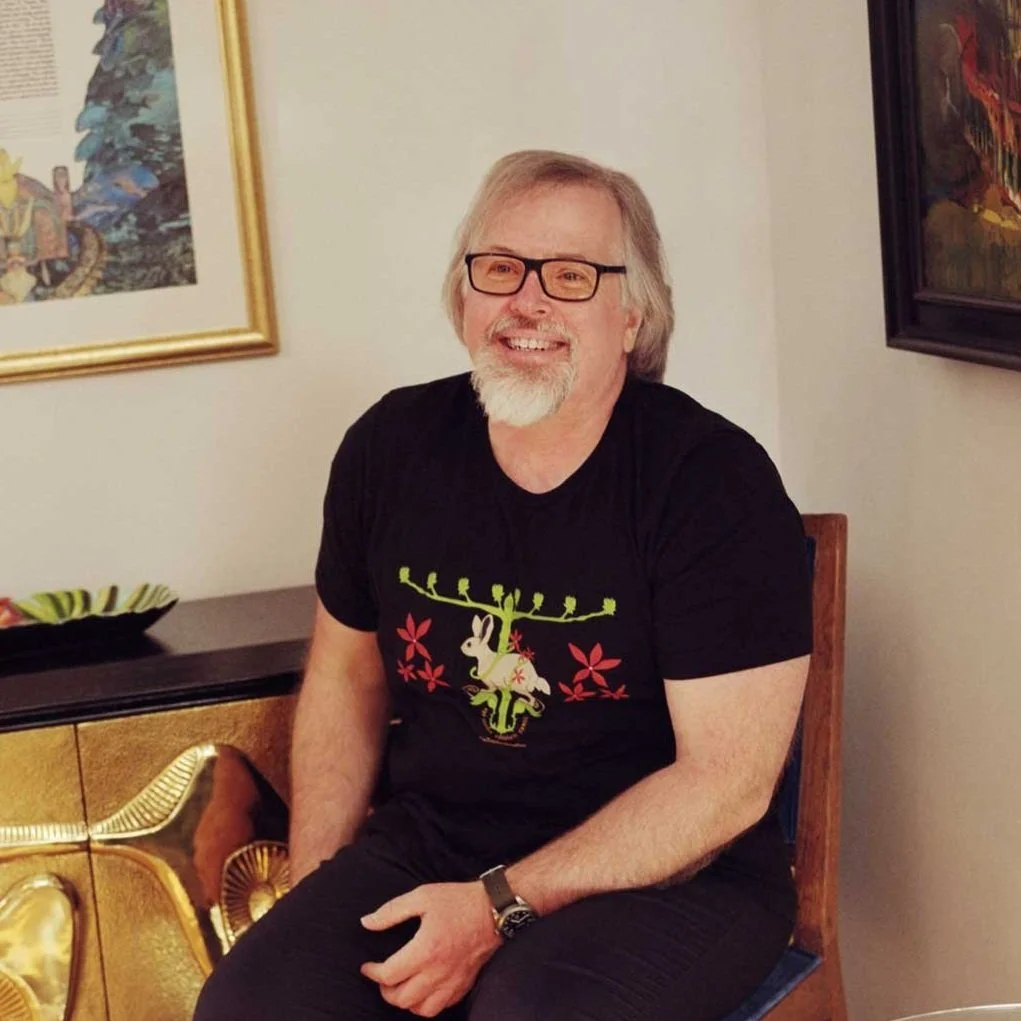Past Episodes:
Chloé Cooper Jones on Leaving the Neutral Room
“I can’t ever not be disabled, and I can’t ever present to another person as not disabled. So if I’m acting as though that part of me—the extremely important, real, intricate part of me—doesn’t exist, then everybody around me knows I’m not being very authentic.”
Kay Ulanday Barrett on Finding Nourishment
“When you’re denied pleasure on a systemic level, when you’re not able to access joy the way other people can access joy, food becomes this centripetal, important, necessary force for you.”
Samantha Hunt on the Haunted Manuscript
“Do I believe in ghosts? What’s a ghost? Is a postcard a ghost? Is a bruise a ghost?”
Ingrid Rojas Contreras on Losing (& Finding) Her Past
“The amnesia gave me such a large feeling of wonder and awe, and a love for these stories that I could then write from that point of view. That was the missing element that I didn’t have before.”
Amy Fusselman on Writing as Performance
“It’s bliss. It’s fucking bliss. It’s an opening. It’s a drug, for sure. And maybe there’s no one present, but my brains’s exploded. Who doesn’t want that?”
Celeste Ng on Art as Resistance Work
“I’m not just fighting against things but I’m fighting for things as well. There’s a vision of a world that I want to grow up into, and art is giving me a glimpse of that.”
Michelle Tea on Making a Queer Family
“It was a very clear decision that had to be made about whether I was going to try to have a child or not. I didn’t necessarily feel emotionally clear about it, I didn’t know 1—% if it was what I wanted, or if it was what would be the best thing for me. But a decision just had to be made.”
Keith Gessen on Becoming An Angry Dad
“Looking back on it, I think I’ve always been a kind of angry person. But I don’t know. I thought I was a patient person, at least. A nice person?”
Crystal Hana Kim on the Mystery of Our Parents
“We will never know anyone that we love in a full capacity. I will never know the full story of who my mother is or who my father is. And my kid will never know the full story of me. I don’t think it has to be sad, but it’s something that I often return to.”
Lydia Conklin on Writing Transition
“The story of coming out, say, for a queer person, is often told in this heroic way. The queer person kind of has to be morally untouchable and perfect.”
Ashley Ford on Choosing Reality
“I was trying to base my feelings about the circumstances of my life off of fantasies, and what things should be like, or what people should be like. It took a minute for me to figure out that if you keep trying to live inside a fantasy, you’re going to be pretty miserable.”
Jhumpa Lahiri on Translating Metamorphosis
“My mother’s death was a metamorphosis for her on the bodily level, but a metamorphosis for everyone she left behind.”
Elissa Washuta on Unsolvable Magic
“Witchcraft was another facet of that, in a way— a mystery I could approach but not fully exhaust.”
Jessamine Chan on the Good Mother in a Bad World
“One does not want one’s dystopian novel to seem hyperrealistic, because that just means the world has gone to pieces.”
Morgan Talty on the Faceless Villain
“While the characters themselves have villainous aspects to them, the true villain that we have to take down is colonialism.”
Stephanie Foo on Editing Trauma in Google Docs
“But this was like pure hard evidence. I could not deny it.”
Jeff VanderMeer on Rewilding
“I feel very guilty about the fact that until recently there was a lot of stuff I didn’t see. As a writer, you’re supposed to try to see things that have been rendered invisible and make them visible on the page.”
N. Scott Momaday on The Remembered Earth
“I want to do what I can to preserve the Earth because the Earth is in danger. I think my writing contributes to that task, and I’m proud of that and I want to continue it.”
Lulu Miller on Getting A Little Emo
“Writing was a release valve. Like rock, paper, scissors, shoot—sometimes it felt like grad school was drink, write, shoot.”
adrienne maree brown on Learning Radical Honesty
“There’s often something that people know already to be true, and that they know they need to talk about, and that they really don’t know how to or don’t want to talk about. I love saying those things out loud.”




















